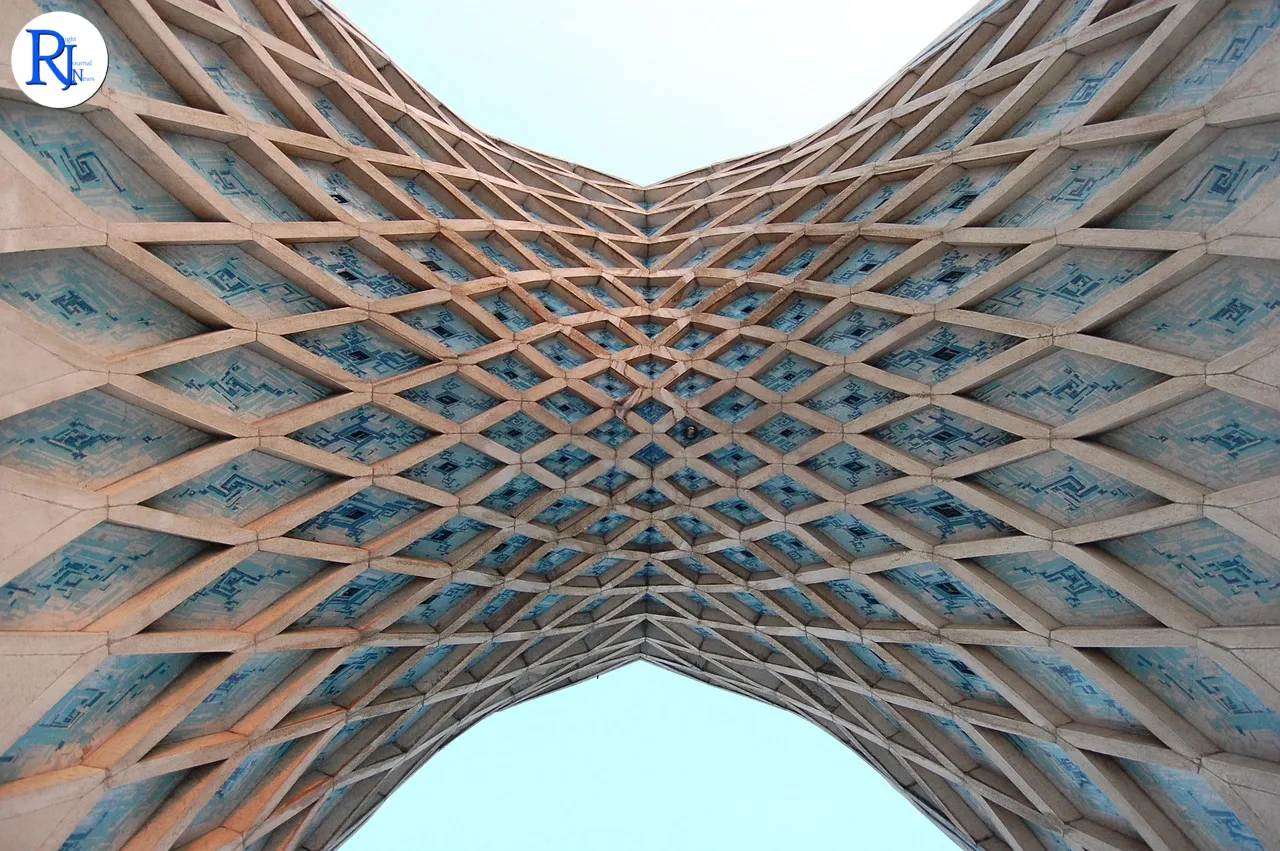U.S. President Donald Trump has suggested the possibility of reviving the Iran nuclear deal, stating that negotiations could still succeed. His comments come amid escalating tensions in the Middle East, with Israel and Iran at the forefront of regional conflicts. Trump also noted that Iran was allegedly “a few weeks away” from developing a nuclear weapon, emphasising the urgency of diplomatic engagement. Meanwhile, the U.S. administration is closely monitoring the situation, with Trump set to attend a meeting addressing the evacuation of U.S. citizens from Israel.
Middle East Tensions Escalate
The backdrop to Trump’s remarks is a rapidly intensifying conflict between Israel and Iran. On 18 June 2025, Iran announced the detention of five individuals suspected of collaborating with Israel’s Mossad intelligence agency. Iranian news agencies, including Tasnim and SNA, reported that the suspects were accused of attempting to undermine Iran’s image through online activities. The Revolutionary Guards described these actions as part of a broader strategy to instil fear and discredit the Islamic Republic.

As tensions rise, both countries are engaging in a war of words and actions that threaten regional stability. The international community is watching closely, aware that any escalation could have far-reaching consequences.
Timing and Location of Key Events
The recent developments unfolded primarily in Tehran, where Iranian authorities made the arrests, and in Israel, which remains on high alert. The timing is critical, as the region grapples with ongoing conflicts and diplomatic strains. The situation has drawn global attention, with world leaders urging restraint and dialogue to prevent further escalation.
The U.S. administration’s involvement underscores the international dimension of the crisis. Trump’s planned meeting on the evacuation of U.S. citizens from Israel highlights the potential risks to American nationals in the region. As tensions persist, the safety of foreign nationals remains a top priority for governments involved.
The Iran Nuclear Deal: A Possible Revival
Trump’s comments on the Iran nuclear deal have reignited discussions about the agreement’s future. Originally brokered in 2015 under the Obama administration, the deal aimed to limit Iran’s nuclear capabilities in exchange for sanctions relief. However, Trump withdrew the U.S. from the agreement in 2018, citing concerns over its effectiveness.
Now, with Iran allegedly nearing nuclear weapon capability, the prospect of reviving the deal is back on the table. Experts suggest that renewed negotiations could help de-escalate tensions and provide a framework for addressing broader regional issues. However, achieving consensus among stakeholders remains a significant challenge.
Expert Opinions and Analysis
Political analysts have weighed in on the unfolding situation, offering insights into the potential outcomes. Dr. Emily Carter, a Middle East policy expert, noted, “The stakes are incredibly high. Reviving the nuclear deal could serve as a stabilising factor, but it requires careful diplomacy and trust-building measures from all parties involved.”
Carter’s sentiments echo the views of many observers who see the deal as a possible avenue for reducing hostilities. However, sceptics argue that Iran’s recent actions, including the alleged Mossad collaboration, complicate the path to renewed dialogue.
Potential Impacts and Forward-Looking Insights
The implications of the current crisis are profound, with potential repercussions for global security and economic stability. If tensions between Israel and Iran continue to escalate, the risk of conflict could disrupt oil markets and impact global supply chains. Moreover, the humanitarian toll could be significant, with civilians in the region bearing the brunt of any military actions.
Looking ahead, diplomatic efforts remain crucial in preventing further escalation. The international community faces the challenge of balancing pressure and incentives to bring both Israel and Iran to the negotiating table. As Trump considers the possibility of reviving the nuclear deal, the world watches closely, hopeful for a peaceful resolution to the crisis.
In summary, the unfolding situation between Israel and Iran highlights the complexities of Middle East geopolitics. With Trump suggesting a potential revival of the Iran nuclear deal, there is a glimmer of hope for diplomacy amid rising tensions. However, the path forward requires concerted efforts from all parties to ensure stability and peace in the region.

